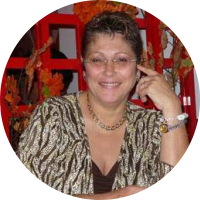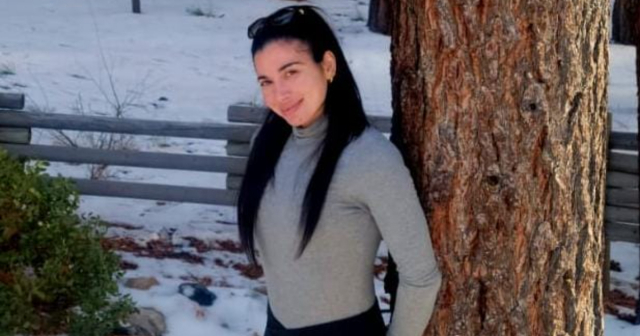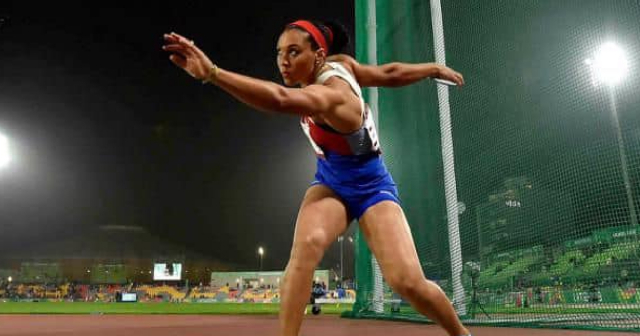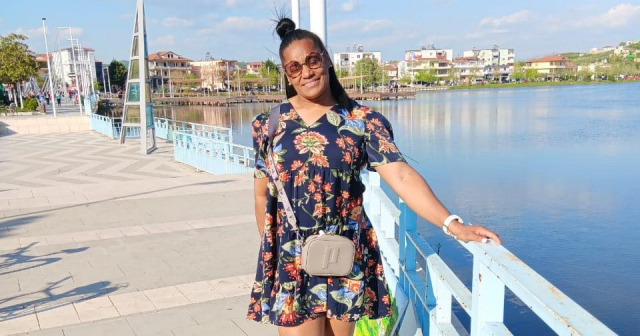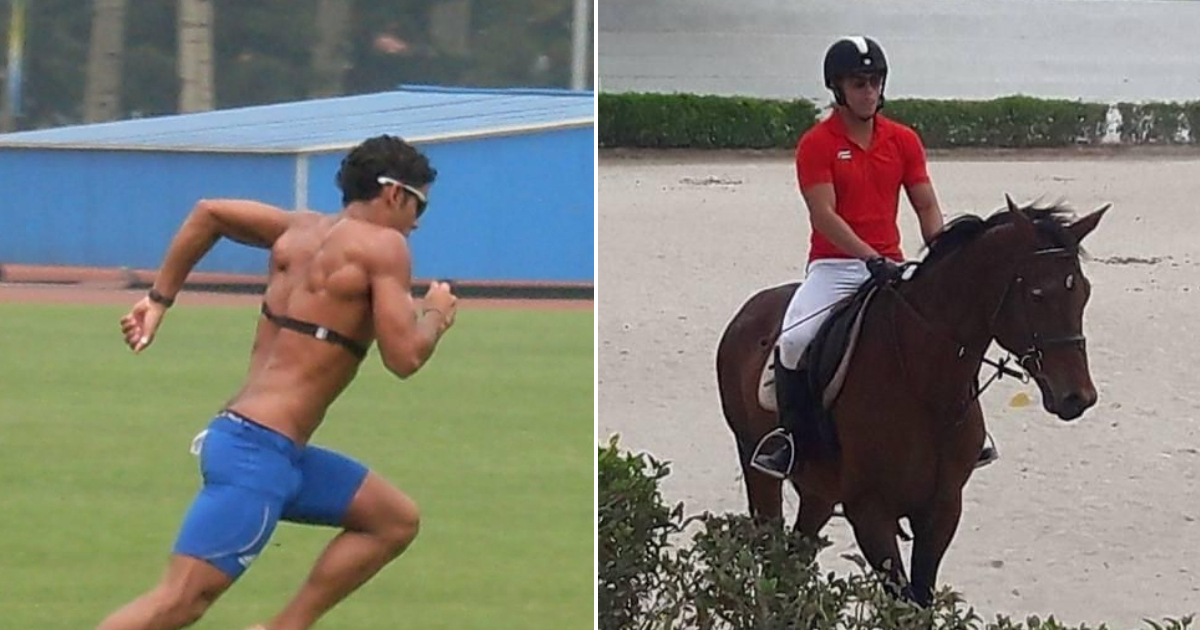
When that day corresponding to the Rio 2007 Pan American Games, the young CubanYaniel Velazquezcame second in the complex pentathlon competition, joy filled the entire Green Cayman.
It was not only because of the silver medal and his impressive score of 5,344 units but because the barely 20-year-old from Havana achieved his qualification for Beijing 2008, where he finished in fifteenth place among thirty-six competitors. Its score, lower than Rio 2007, was 5,292 points.
What is this handsome boy doing now?
I arrived in the United States on May 7 of last year. I have been living in North Miami Beach for a few months now; I work as a lifeguard on Hollywood Beach.
How did you leave Cuba?
I left Cuba by the fastest and easiest route so far, compared to the other ways. I came out via humanitarian parole.
Family, do you have children?
Here I have part of the family that helped me in my beginnings in this country, which are not easy at all. I came with my dad who was my traveling companion; He didn't come if I didn't accompany him. I don't have children yet and I'm single.
Conditions that existed in Cuba for the practice of the pentathlon and the current ones.
When I started the conditions were terrible, especially in the special area. I was lucky that in a short time, everything began to improve. We managed to train the 5 sports; We had a commissioner, Eliécer Mora, who moved the chips in our favor and looked for the best possible trainers and the most favorable conditions.
But happiness in the poor man's house is short-lived. Changes began to happen in the system, especially in horse riding. We couldn't ride anymore (the horses were “private property of someone above”), we had long periods with problems with the pool; The food was disastrous, we had no targets or targets to shoot at.
What we had advanced in the world began to be compromised and just because they had stopped paying attention to us as a sport, we did not matter.
After that, the pentathlon had to make its own friends with federations from other countries so that they would give us alms: they would invite us to competitions with expenses paid, they would give us sports equipment... because monetary support for sports, even having an Olympic scholarship, never we saw it more! We arranged the invitations ourselves, we dedicated hours of training to achieve them.
Currently they have the same but better resources than a few years ago with limited resources. Thanks to their own efforts, they continue to manage on their own. Also a stroke of luck for the sport has been that they eliminated horse riding and the new sport is easy to invest in. That helps us a little to move forward with the remaining figures.
How did you start your career as a pentathlete, this sport being an elitist discipline, if we take into account the complexity of its practice?
I started at the age of 15 and it was a discard because I no longer wanted to be a swimmer. So either I was going for the street or for the pentathlon, which at that time had only been in the country for a very short time and recruitment was not difficult.
That is to say, the entrance tests for me were not difficult because I came from swimming and at that time it was a fundamental event to start. And the trigger was that they invited me to a competition at the Hemingway Marina, where there were triathletes and pentathletes and who tells you that I won? My debut in that type of competition, my first experience after leaving swimming and… I won it!
That helped me get into the eye of the storm and be seen well by the coaches who immediately recruited me as a guest for the national team.
Which of the five events do you like the most?
At first my favorite event was swimming, but as I learned others, I grew to like them and I liked the one I had just learned more. Tell you something? For me the worst was swimming. I managed to have 4 of my sports in the top 10 in the world except for swimming, incredible but true! Now, if I have to choose one, I prefer fencing.
Coaches?
The first coach I had was Mario Mesa who at that time was in charge of swimming; There was José Ignacio in shooting, Ángel Clemente Pairet, professor of fencing teachers. Arturo Abelenda, also magnificent in horse riding, Wilfredo Moreno Matos in the race, extraordinary technician who achieved the best times among his students, not only in me...
You attended the continental event in Rio and the Beijing Olympics, anecdotes.
I enjoyed Rio to the fullest, I had a good competition, I was very happy but the Olympic Games are the greatest thing for an athlete. You live unique experiences, you meet many figures from the world's elite. In the Villa you get to know diverse cultures, culinary art from many parts of the world; customs, languages that you didn't know existed.
I met Ronaldinho, Rafa Nadal, Michael Phelps; I saw Messi from afar, the USA basketball team and above all, the three-time Olympic champion of my sport, the Russian Andrés Moisev, among others. It's something impressive. Perfect organization of the competition, very beautiful city.
As for the sporting part, I was in 15th place and had a prediction between 20th and 23rd. Unfortunately I had a mistake in the start in swimming that cost me to be last in that event, when I was seventh overall until that moment. . I managed to recover positions thanks to the great preparation I had in the riding and the race.
Pentathlete you admire most in the world?
The athlete I admire most internationally is Andrés Moisev, a three-time Olympic champion who knew how to adapt to all the changes in the pentathlon; that is worthy of admiration. And in Cuba, my idol is Frank Abel Vicente from whom I nourished myself to become who I was.
What conditions does the practice of pentathlon require?
A pentathlete must be a special human being, I would say unique because if it is difficult to do one sport, imagine five and no sport is like another. It is difficult to determine the prototype of a pentathlete, whether physical or mental because each sport requires different concentrations.
Sometimes you are good at disciplines where you have to be calm like shooting, at other times you have to be active like running; in others, super fast like in fencing. It's a mix, it's difficult to find a pentathlon athlete.
What do you think of current sport, how do you see it heading to Paris?
This preparation for Paris has had setbacks due to serious injuries, lack of motivation, internal and external problems that everyone knows. Young figures are grasping at a hot straw to seek motivation and move forward. But we still have to wait for results because sometimes we Cubans remember that we are Cubans and we take from where there is none.
And I wish the athletes who remain on the Island of my loves to achieve their best results, although it is very true that in Cuba you cannot make a living from sports, that is, professionally. I hope that one day Cuba's luck changes for the better and we can all fulfill our dreams where we were born.
What do you wish for the Cuban athlete who competes for another flag?
I wish you the greatest success and I always accompany you because I know what it is like to not be able to succeed in your country, even if you make every effort to achieve it.
I know what it's like to have your dream taken away from you knowing that that's what you were born for. And unfortunately, that means that on many occasions you have to leave the Island to continue with your dreams.
Until those in Cuba who carry out these bad actions change their way of being and acting, we will never be a free and happy people and, sportingly speaking, it will be increasingly difficult for an athlete to succeed, much less in team sports.
What do you think?
COMMENTFiled in:
